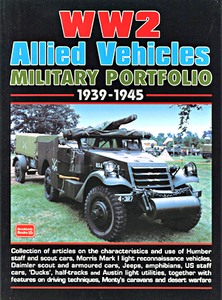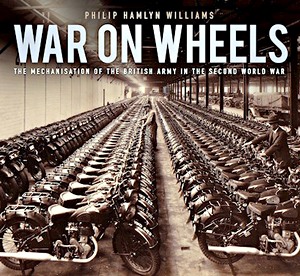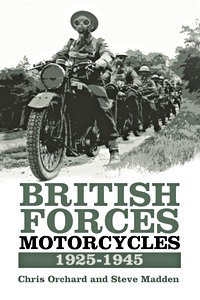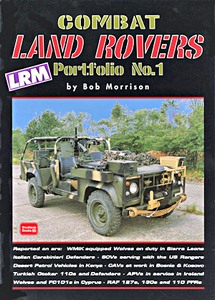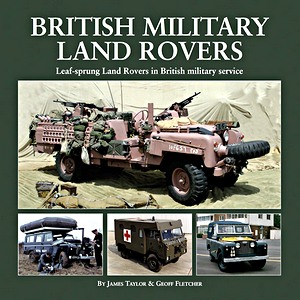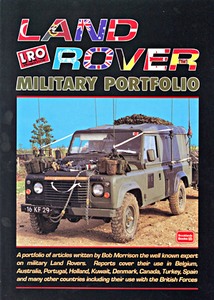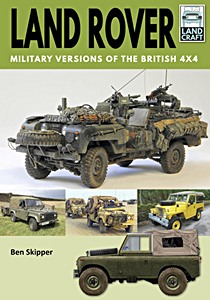Les Véhicules Alliés du D-Day
Le débarquement allié en Normandie reste à ce jour l'opération militaire la plus importante de l'histoire. Le jour J et l'immense bataille qui s'en suivit a en effet mobilisé des hommes et du matériel que l'on ne peut compter que par milliers, sans oublier le rôle déterminant du fantassin au cours du débarquement.
"Véhicules alliés du D-Day" met en avant l'extrême mécanisation de cette armée alliée qui se déplace rarement à pied. En effet, la première des grandes victoires remportées par les Alliés est avant tout une bataille logistique.
Des dizaines de milliers de véhicules de tous tonnages vont s'étirer en immenses convois le long des grands axes français pour permettre aux divisions d'infanterie et blindées de bousculer l'ennemi jusqu'aux portes du Reich.
De la simple motocyclette au char d'assaut, de la Jeep au GMC, en passant par le half-track et les engins spéciaux, c'est tout l'arsenal militaire américain et britannique qui débarque en quelques jours sur les plages de Normandie que vous retrouverez dans cet ouvrage. La Libération de la France et celle d'une grande partie de l'Europe est avant tout la victoire du moteur à explosion...
Caractéristiques
| Auteur : | Francis Dreer |
|---|---|
| Présentation : | 192 pages, 29 x 24 cm, relié |
| Illustration : | 480 photos en N&B et couleurs |
| Editeur : | ETAI (F, 2019) |
| ISBN : | 9791028303365 |
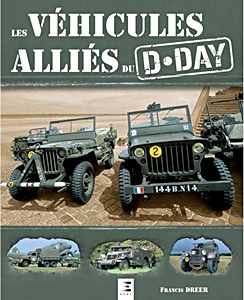
Les Véhicules Alliés du D-Day
Langue : français
Disponible sur Amazon - paiement sécurisé et livraison rapide
Acheter sur Amazon FRAcheter sur Amazon BE
Acheter sur Amazon CA

